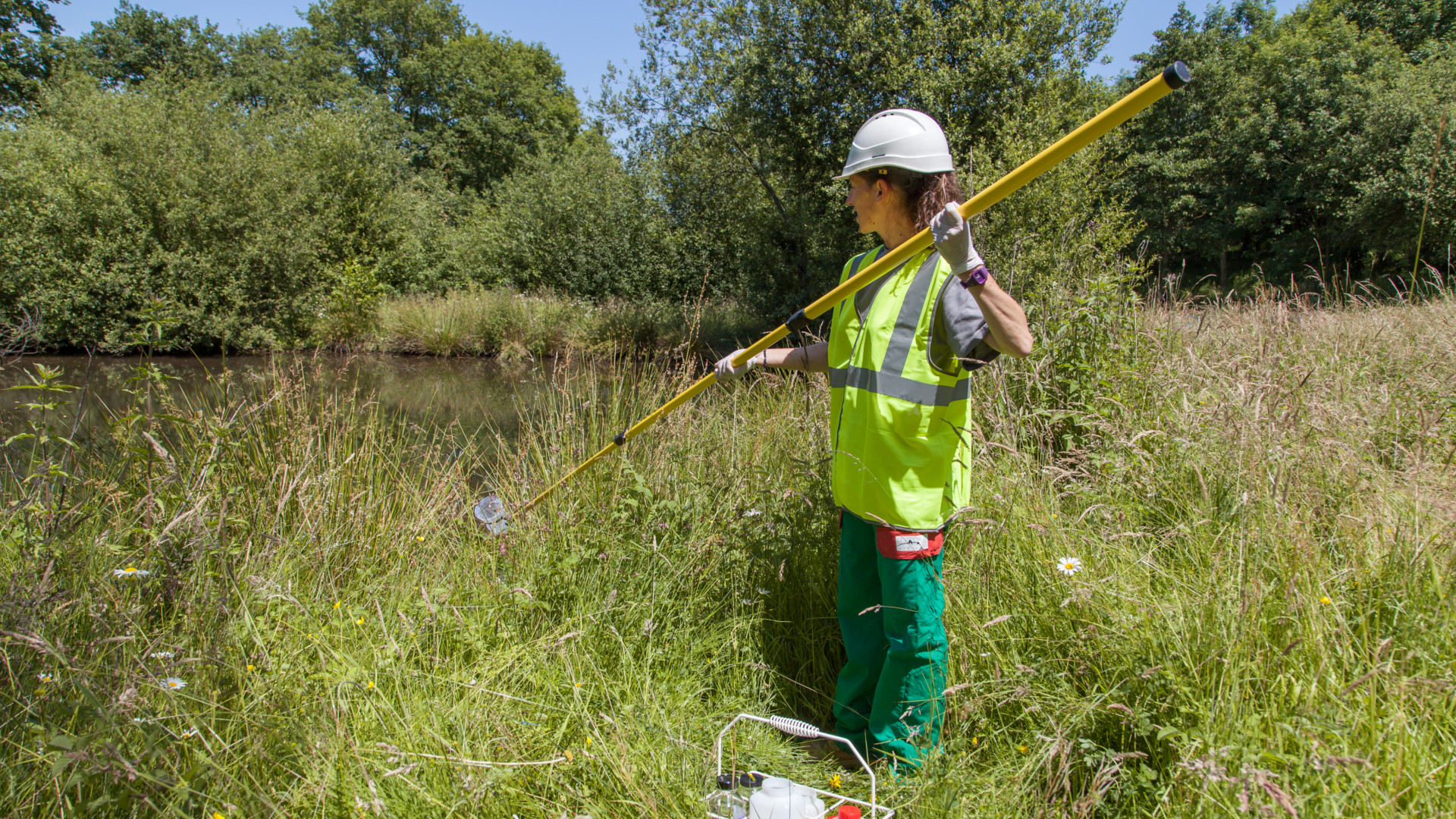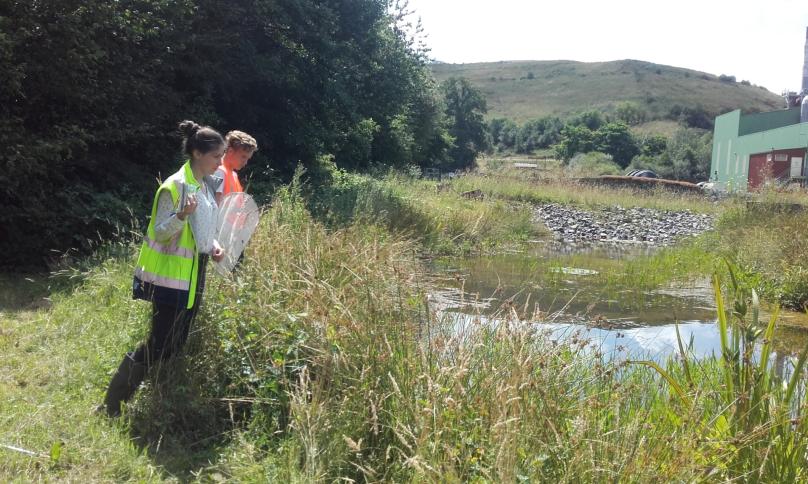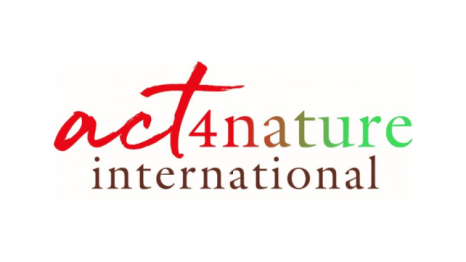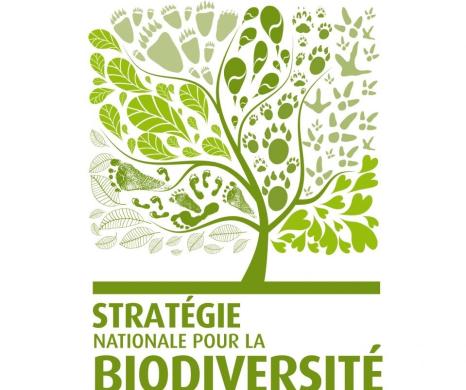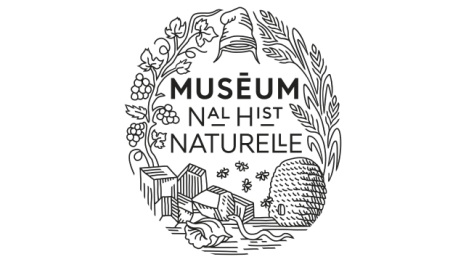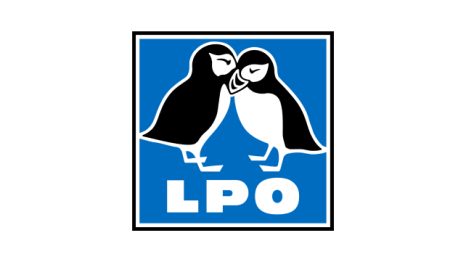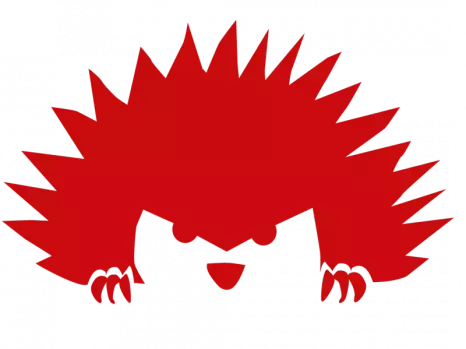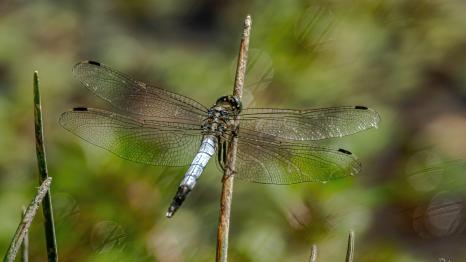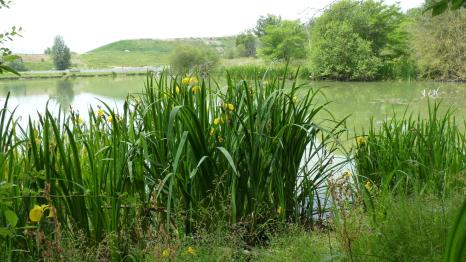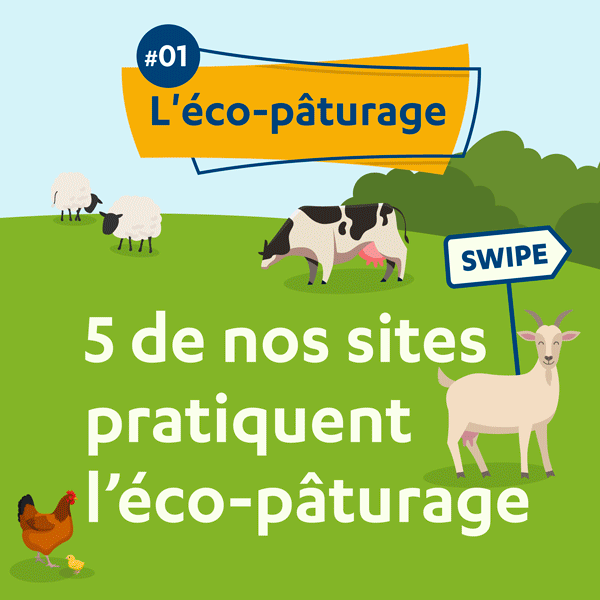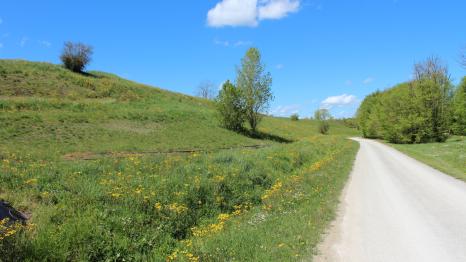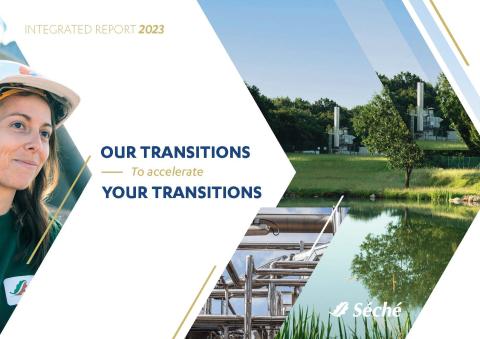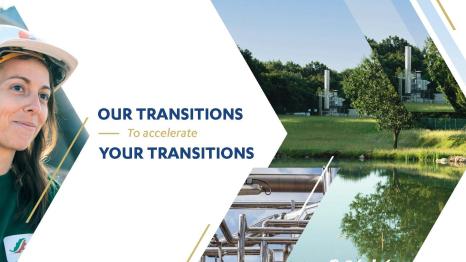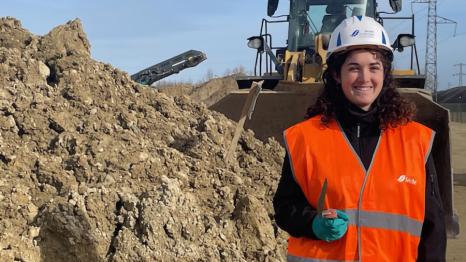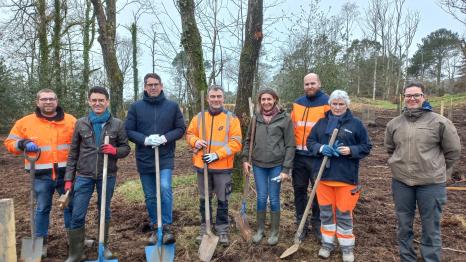As our biodiversity strategy forms such an integral part of who we are, we wanted it to faithfully reflect our ethos, which is why we named it Sustainable Practices to Protect Nature.
For nearly 40 years, Séché Environnement has placed the need to protect nature at the heart of everything it does. Our corporate strategy requires the input and expertise of specialists, buy-in from our people and the determination of our executives. We often go over and above regulatory requirements, and were the first in the industry to involve our in-house ecologists in building our industrial development plan.
We all have a part to play in protecting biodiversity!
Our ecologists are supported by a network of biodiversity ambassadors at all our sites who have volunteered to further our efforts in France and around the world (Spain, Peru, South Africa and Chile). Their role on the ground is to lead and structure action plans tailored to suit the ecological priorities and situation specific to the area around each site.
For example, at our Changé facility in northwest France (an area characterized by its mixed woodland and pasture), we planted thousands of trees and more than 25 km of hedgerow. Furthermore, 20 ha of this site were listed as an Environmentally Sensitive Area, recognizing its importance as a genuine refuge for biodiversity. Around 30 ponds were created to build wet corridors where wildlife can live freely.
We raise awareness of the importance of such efforts by educating our own employees, as well as the wider public and in particular young people by partnering with local schools and non-profits (5,500 people visit our sites each year). We organize a range of activities, such as an introduction to birds of prey, how to build a bird feeder or insect hotel, or nature walks to teach people about local flora and fauna as well as how they can help protect it.
Putting the environment at the heart of what we do
By virtue of the very nature of our business, we have developed specialist technical expertise that helps protect biodiversity. For example:
- Our solutions to rehabilitate sites enable us to reclaim brownfield or former landfill sites. Businesses and local authorities can then return to these sites and thereby avoid the land take and urban sprawl if they were to move to virgin green spaces.
- Our environmental emergency intervention services come into play in the event of a natural catastrophe, industrial incident or road traffic incident that could pollute the natural environment, threatening public health and biodiversity. By taking early action and mobilizing the correct resources, we are able to considerably reduce the damaging impact this kind of situation can have of ecosystems.
This expertise and culture that values the living world also enables us to advise our clients regarding their own sites. We have worked with hospitals and care homes in Poitou-Charentes to teach them how to apply sustainable gardening practices (meadows, nesting boxes, etc.) in their green spaces, and we also assist many industrial facilities to put in place incident response plans.
